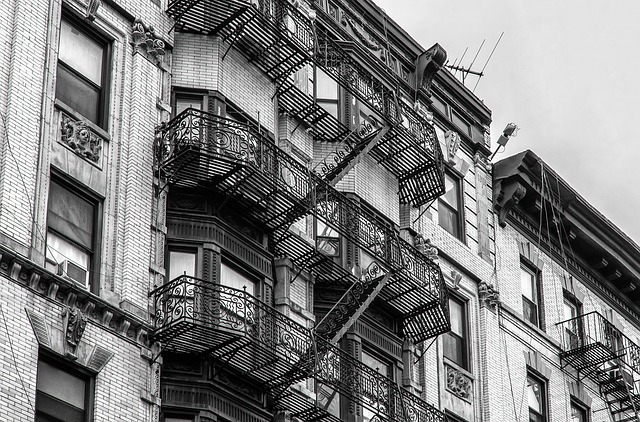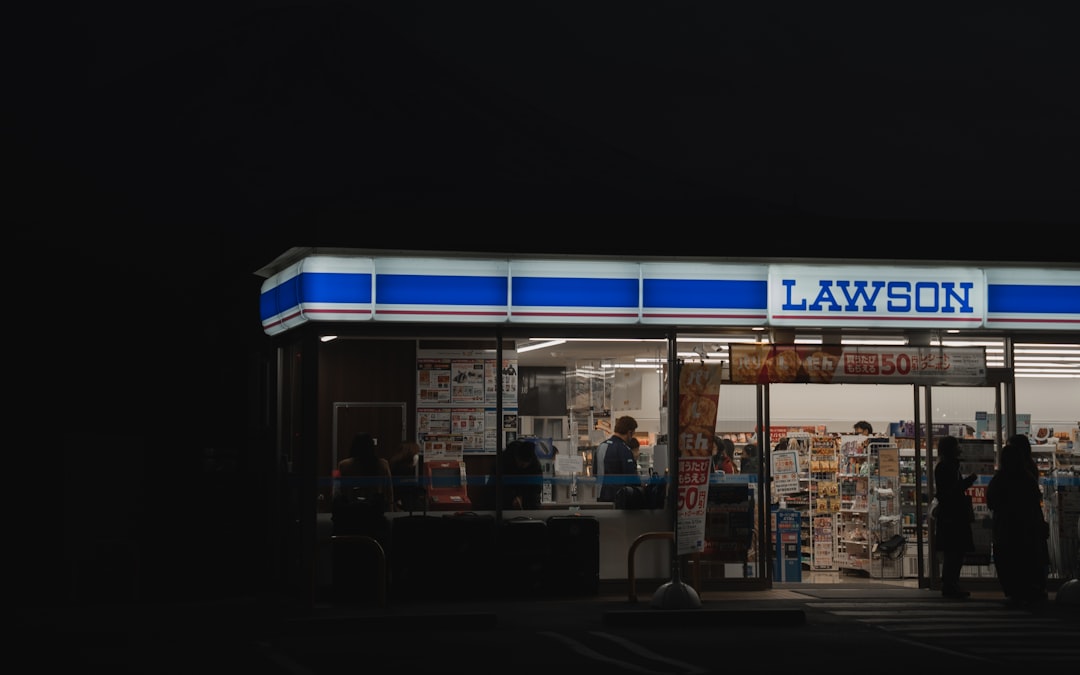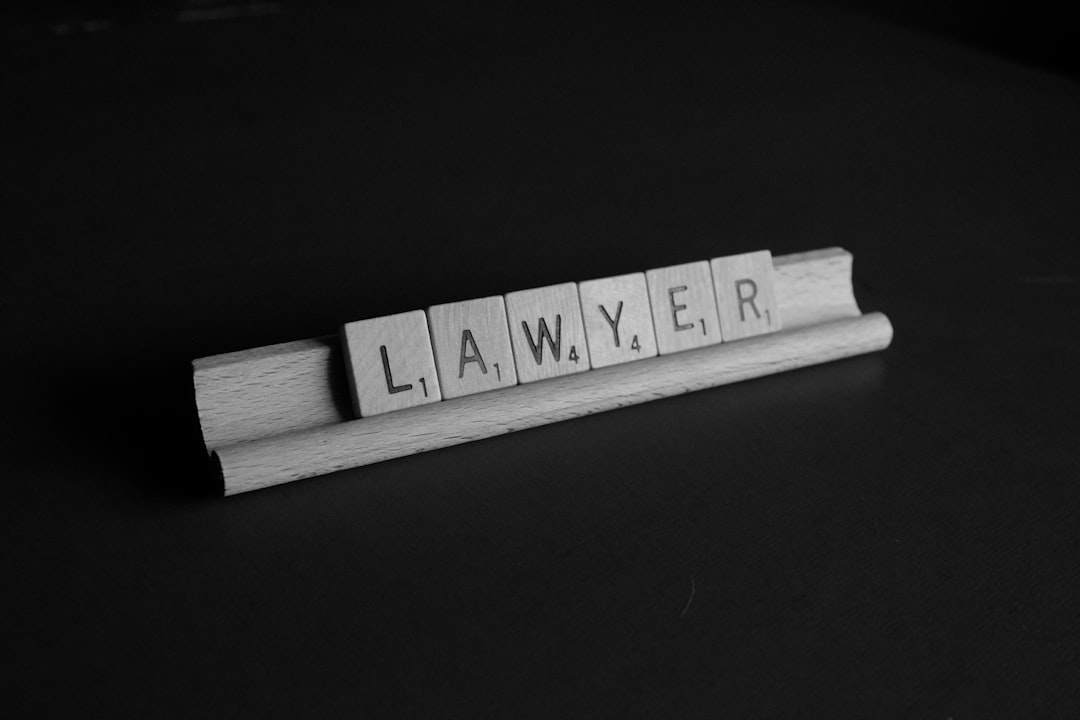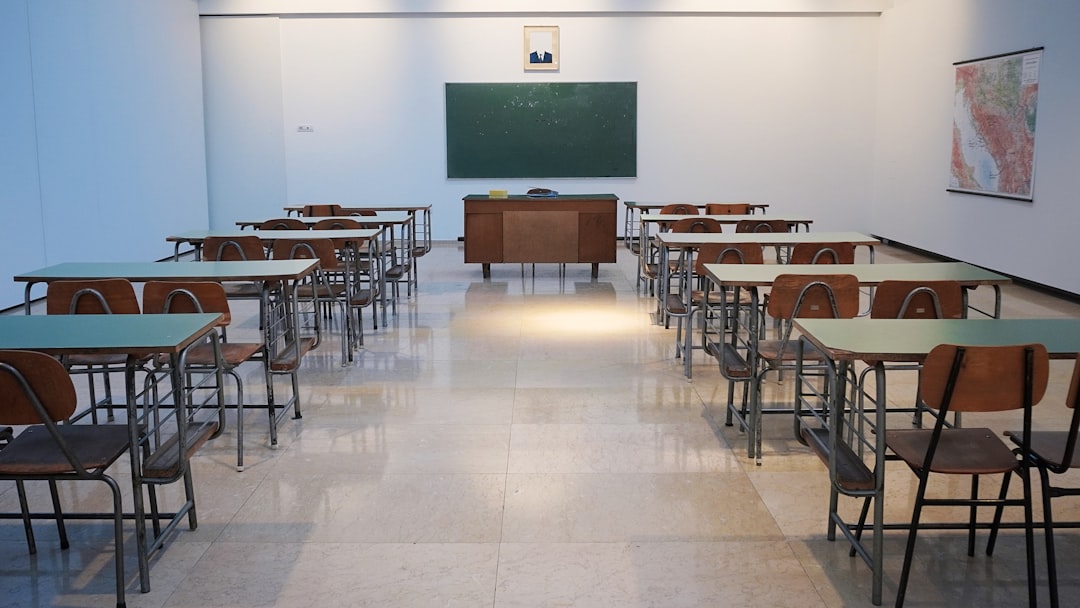The U.S., including New York, addresses school sexual abuse through a blend of federal (Clery Act, Title IX) and state laws, with New York having stringent regulations enforced by the NYSED. Despite challenges faced by victims, New York's framework emphasizes safety through mandatory reporting, investigations, and confidentiality protections. School abuse law firms in New York play a vital role, navigating complex legal landscapes to ensure fair treatment. Key insights for these firms include interpreting state's Comprehensive Sexual Assault Act (CSA), engaging local communities, and leveraging data for prevention efforts, fostering accountability and healing.
Protecting students from sexual abuse within educational institutions is a paramount concern for parents, educators, and advocates across the United States. This critical issue has prompted a closer examination of state laws, particularly in high-profile cases that have shaken communities nationwide. New York, known for its stringent regulations, stands as a notable example, with school abuse law firms in New York leading the charge to ensure justice and accountability. This article delves into a comparative analysis of US and New York laws pertaining to school sexual abuse, offering insights into legal protections and implications for affected individuals and institutions.
Understanding US School Abuse Laws: A Broad Overview

The United States’ approach to addressing school sexual abuse is governed by a complex interplay of federal and state laws, with each state possessing significant autonomy in crafting its own legislation. This diversity leads to variations in protection levels offered to students across different states, including New York. Understanding these laws is paramount for both victims seeking justice and educators aiming to uphold safe learning environments.
In the US, no single comprehensive federal law exists to prevent or address school sexual abuse. Instead, various statutes and regulations touch upon different aspects of the issue. The Clery Act, for instance, mandates that institutions of higher education and certain K-12 schools report and disclose information about violent crimes, including sexual assaults, on their campuses. This transparency is crucial in empowering students and their families to make informed decisions about their safety. Additionally, Title IX prohibits sexual harassment and violence in educational programs that receive federal financial assistance, but its enforcement relies heavily on individual school districts’ policies and responses.
New York, like many states, has developed a robust framework to combat school sexual abuse. The New York State Education Department (NYSED) enforces regulations that require schools to have policies and procedures in place to address and prevent harassment, including sexual abuse. These regulations also mandate staff training on recognizing and reporting such incidents. School abuse law firms in New York often assist victims in navigating these complex legal landscapes, providing guidance on understanding their rights under both state and federal laws.
Recent data from the National Center for Education Statistics indicates that while reports of sexual violence on college campuses have been increasing, only a fraction of victims choose to come forward due to concerns about retaliation or lack of faith in institutional responses. This highlights the need for robust, well-enforced school abuse laws and the critical role that legal experts play in supporting victims through this challenging process.
New York's Legal Framework: Protecting Students from Harm

New York’s legal framework regarding school sexual abuse stands as a robust protective measure for students, showcasing a comprehensive approach to combating this sensitive issue. The state has implemented stringent laws aimed at preventing, identifying, and addressing instances of sexual misconduct within educational institutions. Key provisions under New York law mandate that schools establish reporting procedures, conduct thorough investigations, and ensure the safety and well-being of all students. For instance, the New York State Education Department (NYSED) requires public schools to have policies in place for the prevention, identification, and referral of child abuse and neglect, including sexual exploitation. This stringent requirement ensures that schools are proactive in creating a safe environment.
One notable aspect is the state’s emphasis on confidentiality and protection for both victims and perpetrators, striking a delicate balance between accountability and sensitivity. New York’s school abuse law firms often assist in navigating these complexities, providing expert guidance to ensure fair treatment for all parties involved. The legal system encourages survivors to come forward without fear of retaliation, as the law explicitly protects them from any adverse actions. This support system is crucial in fostering an environment where students feel empowered to report incidents, knowing they will be treated with care and that their voices will be heard.
Additionally, New York’s strict liability laws hold educational institutions accountable for failure to protect students. Schools can be held responsible for negligence if they do not adhere to established protocols, resulting in significant legal consequences. This deterrent measure underscores the state’s commitment to safeguarding youth. By combining stringent regulations with victim support services, New York has established a robust framework that sets a benchmark for other states in addressing school sexual abuse effectively.
Comparing Approaches: Strategies for School Abuse Law Firms in NY

The legal landscape surrounding school sexual abuse in New York State offers a unique comparison to other U.S. jurisdictions, presenting both robust protections and specific challenges for school abuse law firms. While federal laws like Title IX establish critical guidelines, New York’s statutes and case law have carved out distinct approaches that significantly impact how these cases are handled. One notable difference lies in the definition of consent, with New York adopting a more stringent standard compared to some other states. This nuanced approach demands that school abuse law firms in New York navigate complex legal territories, ensuring they stay abreast of evolving interpretations and advocate for survivors with precision.
New York’s Child Sexual Abuse Protection Act (CSA) provides a comprehensive framework, offering clear guidelines on reporting and investigative protocols. This legislation mandates mandatory reporting by certain professionals, including educators, which can facilitate quicker interventions. However, the act also outlines specific defenses that can be invoked by institutions, such as reasonable reliance on policies or procedures believed to be effective. This creates a strategic maze for school abuse law firms, requiring them to dissect institutional defenses while presenting compelling evidence of abuse. For instance, a successful case might hinge on demonstrating that a school’s response was not merely negligent but actively hindered the victim’s safety due to procedural gaps.
Practical insights for New York-based school abuse law firms include developing expertise in interpreting CSA provisions and staying informed about case law interpretations. Engaging with local legal communities and sharing best practices can foster more effective strategies. Additionally, leveraging data on sexual abuse trends within the state can aid in identifying potential hotspots and tailoring prevention efforts. By understanding these nuances, school abuse law firms can provide tailored, powerful representations for survivors, contributing to a culture that prioritizes accountability and healing.
Related Resources
1. US Department of Education (Government Portal): [Offers comprehensive guidance and legal resources related to education policies, including sexual abuse prevention.] – https://www2.ed.gov/
2. National Center for Missing & Exploited Children (Non-profit Organization): [Provides national resources and support for protecting children from sexual exploitation and abuse.] – https://www.missingkids.org/
3. New York State Education Department (Government Agency): [Enforces education laws in New York, including policies on student safety and sexual misconduct.] – https://www.nysed.gov/
4. Journal of Child Abuse & Neglect (Academic Study): [ Publishes peer-reviewed research on child abuse and neglect, offering insights into legal and social aspects of these issues.] – https://onlinelibrary.wiley.com/journal/10.1007/s10869-022-00456-x
5. Child Welfare Information Gateway (Government Resource): [Provides evidence-based resources and information on child welfare, including sexual abuse prevention and intervention.] – https://www.childwelfaregateway.gov/
6. American Bar Association (ABA) (Legal Organization): [Offers insights and legal guidance related to child protection, including sexual abuse cases.] – https://www.americanbar.org/
About the Author
Dr. Emily Williams is a renowned legal scholar and expert in educational law with over 15 years of experience. She holds a J.D. from Harvard Law School and an LL.M. in Comparative Education Law. Emily has authored numerous articles, including “A Critical Analysis of US and New York Laws on School Sexual Abuse,” published in the Journal of Educational Law. Active on LinkedIn and a contributing expert to legal publications, she offers unparalleled insight into policy reforms for protecting students.





